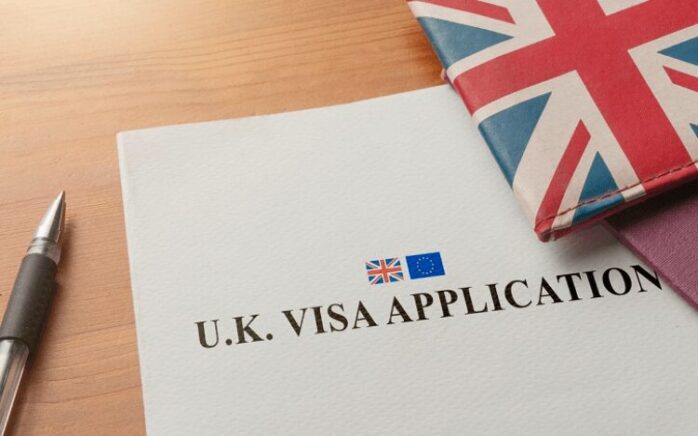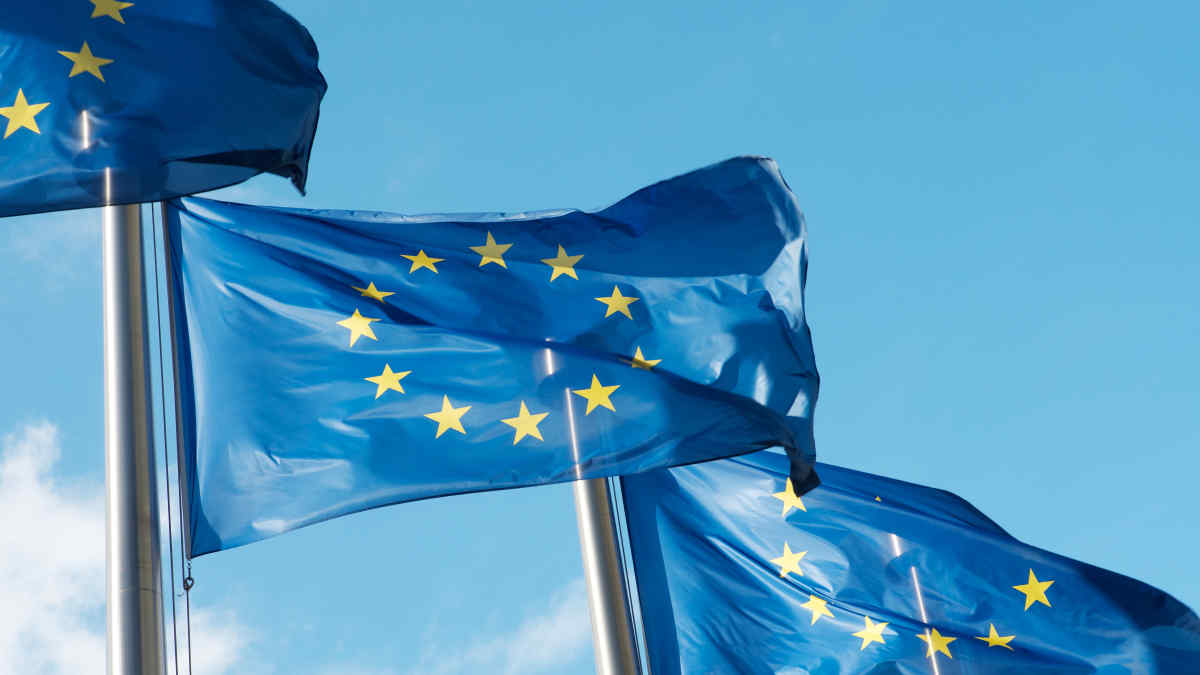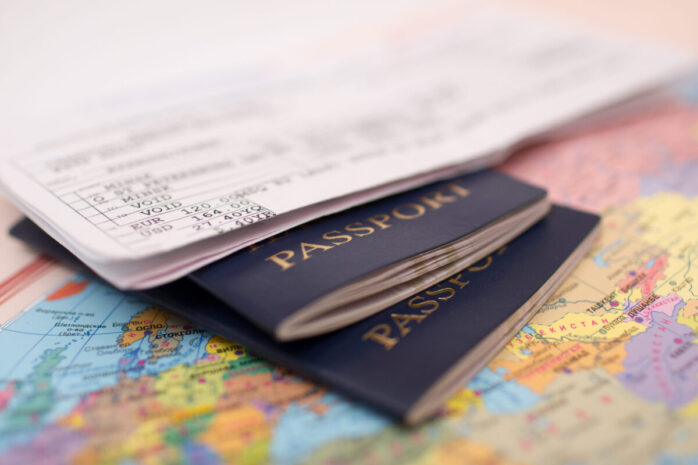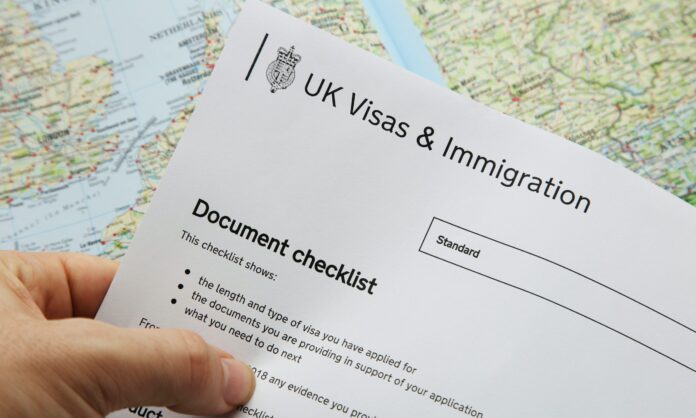Brexit, the United Kingdom’s historic decision to leave the European Union, has ushered in a new era of regulations and changes across various sectors. For employers and organizations, one significant area affected by Brexit is the sponsorship of foreign workers and the associated sponsorship licences. This article will provide a comprehensive overview of the impact of Brexit on UK sponsorship licences, highlighting the key changes, challenges, and considerations that employers and sponsors need to be aware of in this post-Brexit landscape.
1. Changes in Immigration Rules

The impact of Brexit on sponsor licence is most evident in the profound changes that have occurred within the UK’s immigration system. Prior to Brexit, the UK’s membership in the European Union facilitated the free movement of EU citizens, allowing them to live and work in the UK without needing a formal visa. However, with the introduction of the new points-based immigration system on January 1, 2021, both EU and non-EU citizens are now subject to the same criteria and regulations. Here’s a closer look at the key aspects of this transformation:
- End of Free Movement: Perhaps the most noteworthy change is the end of free movement for EU citizens. No longer do they enjoy the automatic right to live and work in the UK. Instead, they are now required to meet the same immigration criteria as non-EU citizens. This seismic shift has significant implications for employers who wish to hire EU workers. Employers must now navigate a more structured and rigorous process by applying for a sponsorship licence to legally employ EU nationals. This involves demonstrating compliance with sponsorship licence requirements and adhering to the new immigration rules.
- New Visa Categories: The UK has introduced several distinct visa categories under the new immigration system. Among these, the Skilled Worker Visa has garnered particular attention. To sponsor foreign workers, employers must be well-versed in the specific requirements associated with each visa category. The Skilled Worker Visa, for instance, places emphasis on skills, qualifications, and job offers. Employers need to ensure that their job roles and job offers align with the stipulated criteria to successfully secure a sponsorship licence for foreign talent. Additionally, the Intra-Company Transfer Visa is designed for employees of multinational companies seeking to transfer to a UK branch or subsidiary, further diversifying the visa options available.
- Increased Costs: Alongside these structural changes, employers now face the financial impact of increased costs associated with sponsorship licences and visa applications. These additional expenses can accumulate significantly for organizations, especially those that rely on a foreign workforce. It’s imperative for employers to factor in these costs when budgeting for talent acquisition and ensure they are prepared to cover the fees related to sponsorship licences and visa applications.
In summary, the changes in immigration rules post-Brexit have ushered in a new era for UK sponsorship licences. Employers must adapt to the end of free movement for EU citizens, become familiar with the intricacies of various visa categories, and allocate resources to meet the increased financial demands of the revised immigration system. Understanding these changes is fundamental for businesses to continue attracting international talent and maintaining a diverse and skilled workforce in the United Kingdom.
2. Sponsorship Licence Requirements

As the United Kingdom’s immigration landscape undergoes significant changes post-Brexit, employers and organizations seeking to obtain and maintain sponsorship licences must become well-versed in the updated requirements. These requirements are pivotal for ensuring compliance and for successfully navigating the evolving immigration regulations. Here’s an in-depth exploration of these crucial sponsorship licence requirements:
a) Eligibility Criteria: Under the new immigration system, sponsors are subject to specific eligibility criteria designed to ensure that they are legitimate and capable of adhering to immigration rules. These criteria include:
- Genuine Business: Sponsors must prove that their organization is a genuine and operating business entity. This involves providing documentation that demonstrates the legitimacy of their business activities.
- Systems and Processes: To meet sponsorship licence requirements, organizations must have robust systems and processes in place to monitor and comply with immigration rules. This encompasses having the necessary administrative infrastructure to support sponsored workers throughout their employment in the UK.
- No Threat to Immigration Control: Sponsors must demonstrate that they pose no threat to immigration control or the integrity of the UK’s immigration system. This requirement underscores the importance of maintaining a clean and lawful record with regards to immigration matters.
b) Resident Labor Market Test: In certain scenarios, sponsors may be obligated to conduct a Resident Labor Market Test before hiring a foreign national. This test is a crucial step in demonstrating that there are no suitable settled workers available for a particular role. To satisfy this requirement, employers must advertise the job vacancy in compliance with Home Office guidelines and consider applications from resident workers. Only when no suitable candidates are found can a sponsor proceed with sponsoring a foreign national for the position.
c) Compliance Obligations: Maintaining compliance with the rules and obligations set forth by the Home Office is paramount for organizations holding sponsorship licences. Compliance obligations encompass a range of responsibilities, including:
- Meticulous Record-Keeping: Sponsors must keep thorough records related to sponsored workers. These records should include details of the individual’s employment, such as job role, salary, and any changes to their employment circumstances. These records serve as evidence of compliance and may be subject to audit by immigration authorities.
- Timely Reporting: Sponsors are required to promptly report any changes or issues related to sponsored workers to the Home Office. This includes changes in the worker’s employment status, such as termination or resignation, as well as any breaches of immigration rules or obligations.
- Adherence to Rules: Sponsors must diligently adhere to the strict rules and obligations outlined by the Home Office. Failure to comply with these rules can result in severe consequences, including the revocation of the sponsorship licence, financial penalties, and legal repercussions.
In conclusion, understanding and meeting the updated sponsorship licence requirements is essential for employers and organizations operating in the UK post-Brexit. These requirements encompass demonstrating eligibility, conducting labor market tests when necessary, and upholding rigorous compliance obligations. By diligently adhering to these criteria, sponsors can navigate the complexities of the new immigration system and continue to access global talent while staying in compliance with UK immigration laws.
3. Impact on EU Workers

Brexit has undoubtedly had a significant impact on EU nationals working in the UK:
- EU Settlement Scheme: EU citizens who were already living in the UK before December 31, 2020, were eligible to apply for settled or pre-settled status under the EU Settlement Scheme, allowing them to continue working and residing in the UK.
- New Hurdles for EU Workers: For EU citizens arriving in the UK after January 1, 2021, the process has become more complex. Employers must now sponsor them through the new immigration system, which involves meeting specific skill and salary thresholds.
- Dependent Family Members: Employers should also consider the impact on the dependent family members of EU workers and their eligibility to live and work in the UK.
4. Navigating Challenges and Compliance

The changes brought about by Brexit have introduced various challenges for employers and organizations:
- Talent Shortages: Some industries are facing shortages of skilled workers due to the stricter immigration rules. Employers need to explore alternative strategies for talent acquisition, such as upskilling current employees or exploring apprenticeship programs.
- Increased Administrative Burden: The new immigration system requires employers to dedicate more time and resources to compliance, including extensive record-keeping and reporting obligations.
- Risk of Non-Compliance: Non-compliance with sponsorship licence rules can lead to severe consequences, including fines, suspension, or revocation of the licence. Employers must establish robust processes to avoid these risks.
5. Conclusion

Brexit has undeniably transformed the landscape of sponsorship licences and immigration in the United Kingdom. Employers and organizations must remain vigilant, adapt to the new rules and requirements, and ensure compliance to navigate the challenges successfully. Staying informed about updates to immigration policies and seeking legal counsel when needed will be crucial in this post-Brexit era to continue accessing global talent and maintaining a competitive edge in the UK market.




